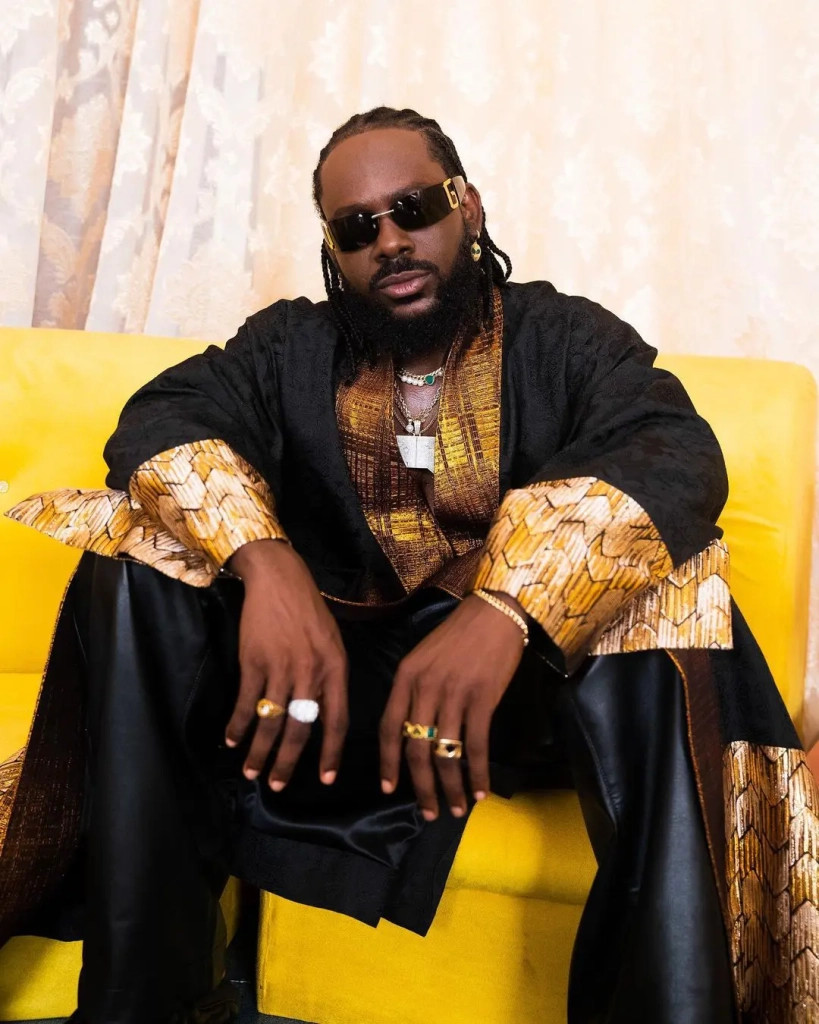Nigerian Afrobeat star Adekunle Gold has dismissed recent speculation about his health after an online post falsely claimed he underwent a bone marrow transplant. The singer, whose real name is Adekunle Kosoko, addressed the rumor directly on social media, emphasizing his frustration with unfounded claims while injecting humor into his response.
The speculation emerged when an X user asserted the musician had received the procedure to manage an undisclosed health issue. “Yes, he has, but since he’s had a bone marrow transplant, I don’t think it affects him that much anymore,” read the now-viral tweet. Within hours, Adekunle Gold replied, writing: “It is how you people will just say things you don’t even know with so much confidence. No, I haven’t had a bone marrow transplant.” His rebuttal swiftly garnered support from fans, with many praising his candidness in confronting misinformation.
The false claims may stem from the artist’s previous disclosure about living with sickle cell anemia, a genetic blood disorder he referenced in his 2022 single “5 Star.” While the condition can require intensive medical care, including transfusions or transplants in severe cases, Adekunle Gold has never publicly indicated needing such interventions. His decision to address his health journey through music — rather than detailed personal statements — has made him a figure of advocacy for others managing chronic illnesses.
Sickle cell anemia remains a critical public health concern in Nigeria, where an estimated 150,000 children are born with the condition annually. Though treatments vary, bone marrow transplants are rare due to cost, limited medical infrastructure, and challenges in finding donor matches. Adekunle Gold’s prominence as a musician and his openness about his diagnosis have amplified conversations about the disease’s realities, particularly in regions with high prevalence rates.
The incident underscores the rapid spread of health-related misinformation online, even when concerning public figures. Celebrities across industries increasingly find themselves countering speculative claims, balancing personal privacy with the demands of public life. For Adekunle Gold, the episode also highlights his continued influence — both as an artist and an unintentional spokesperson for health advocacy. As debates about accountability on social platforms persist, his direct yet lighthearted approach offers a model for addressing rumors without escalating conflict.
Fans and health advocates alike have emphasized the importance of respecting individuals’ privacy regarding medical matters. Meanwhile, the singer’s latest album, Tequila Ever After, continues to top charts, proving that his artistic output remains uninterrupted by the baseless claims. The situation serves as a reminder of the intersection between celebrity culture, health discourse, and the responsibilities of digital communities in verifying information before sharing.
